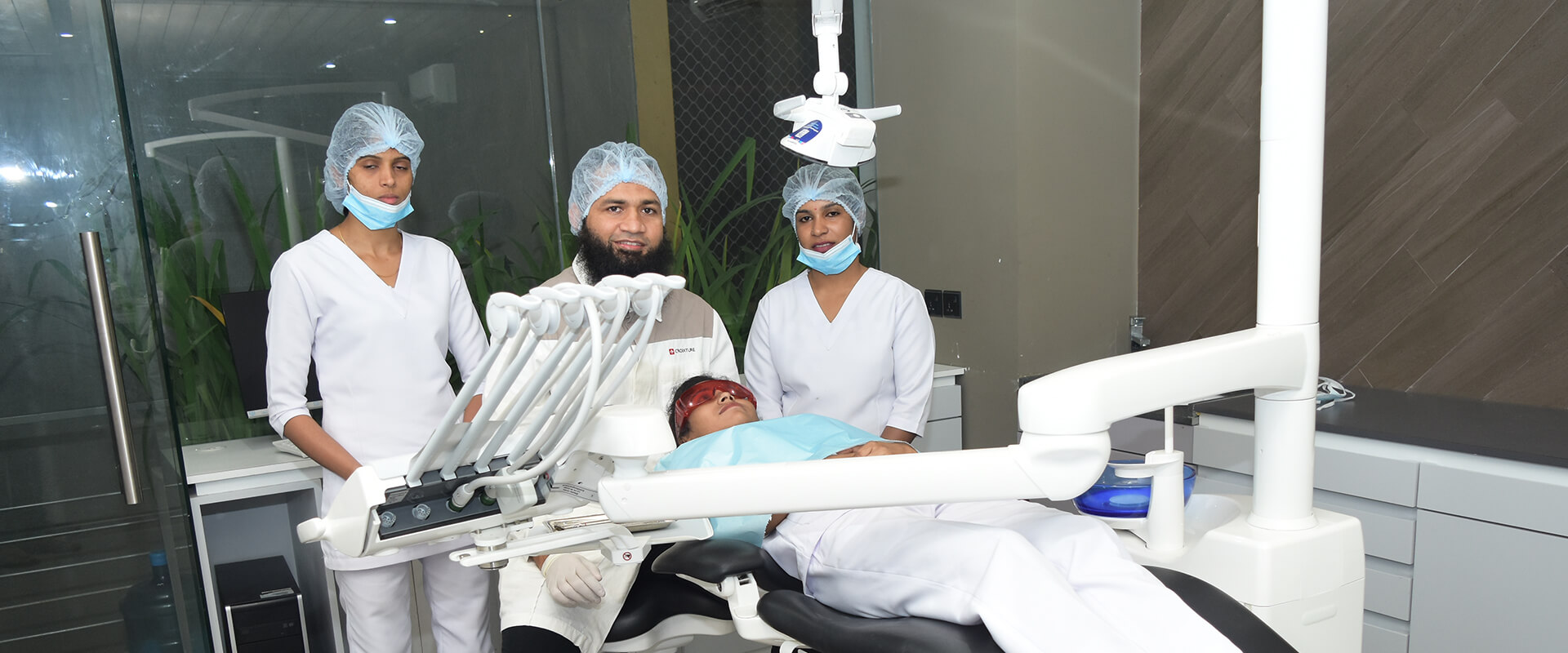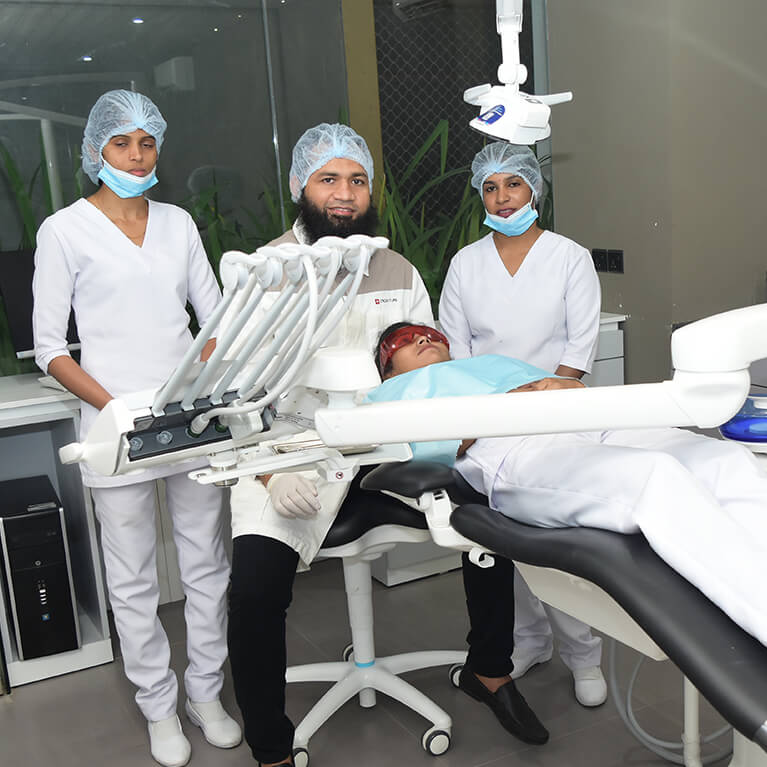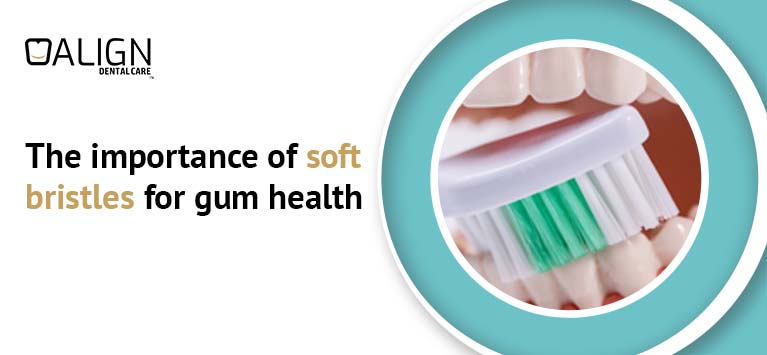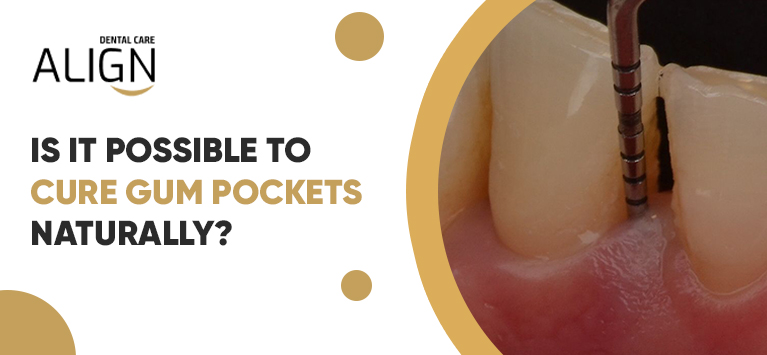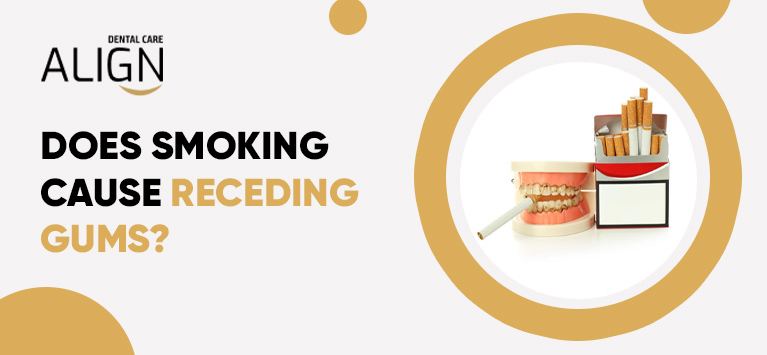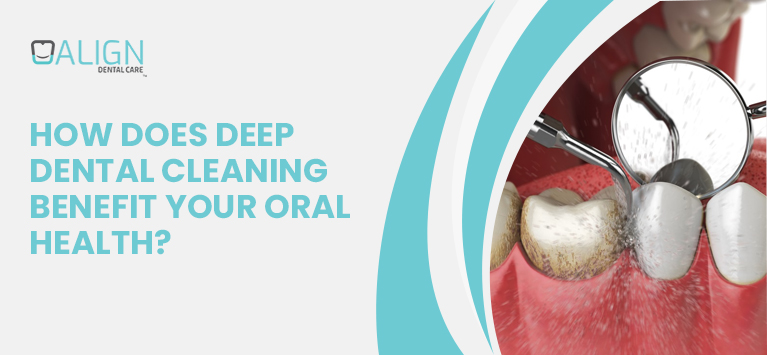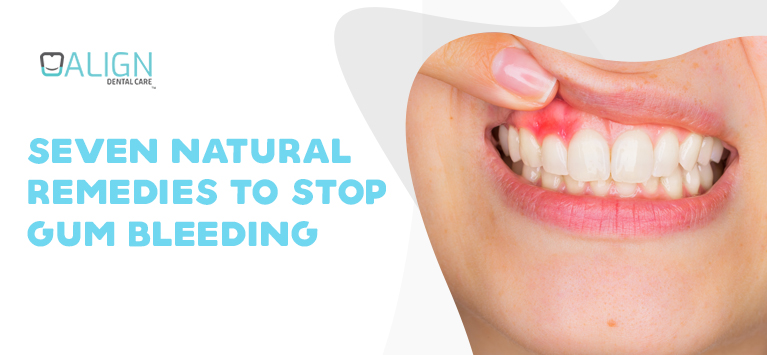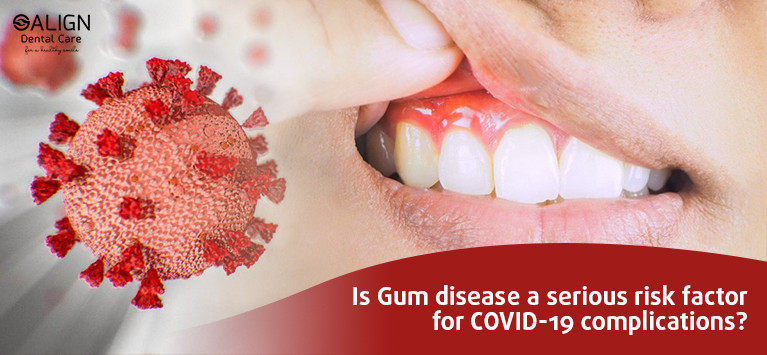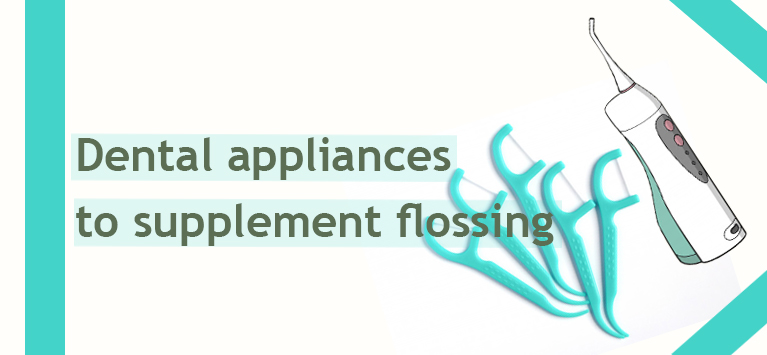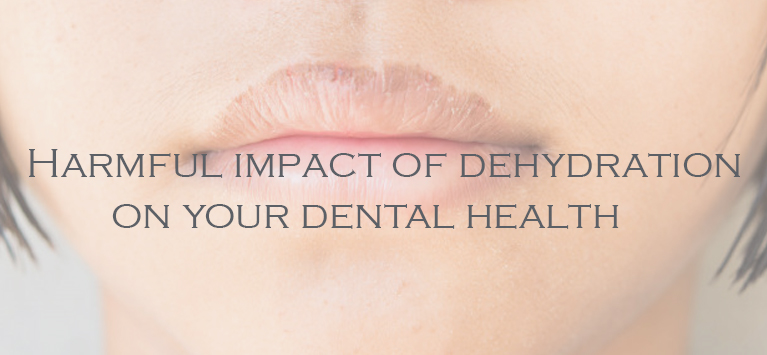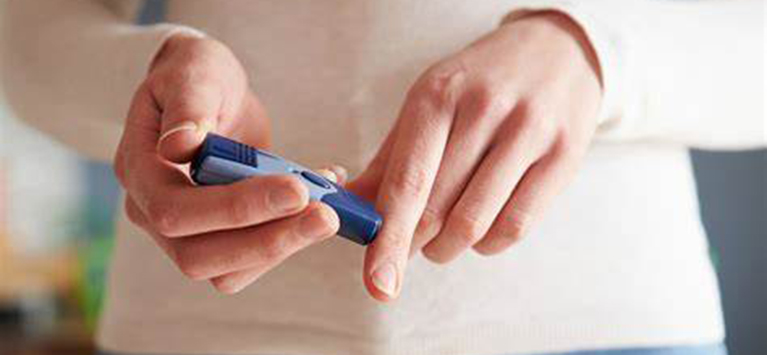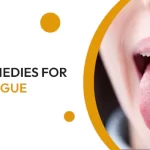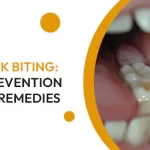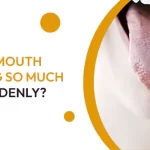Gum disease is often caused by improper brushing techniques and hard brush bristles. People who prefer stiff-bristled toothbrushes often use force, even if they brush in small circular motions, as dentists recommend, rather than back and forth along the surface of the teeth.
For example, young people harm their gums by using a toothbrush with hard bristles. This is all the more dangerous because they are confident that they are brushing their teeth and gums correctly. They pay great attention to oral hygiene and, therefore, can cause damage to the sulci (gum lines) because they brush their teeth too often and too vigorously with a very hard-bristled brush.
Hard bristles increase excess pressure when brushing your teeth.
Brushing your teeth too vigorously, whether with a medium-hard or hard bristle brush, can potentially harm your gums without causing immediate discomfort. But as a result, the consequences will be disastrous: the groove deepens, the gum line slowly descends, and, over time, the neck of the teeth is exposed, and high sensitivity to pain appears.
Dentists in research, teaching, and practice recommend toothbrushes with soft and fine bristles. If the bristles of the brush are soft, then it will not cause any harm. If, in addition, the bristles are thin, then the grooves of the teeth are easily accessible, and such a brush carefully eliminates harmful bacteria. This is important since many bacteria accumulate in inaccessible places that can be easily damaged.
Soft bristle toothbrush: what are its advantages?
You should try to remember one fundamental thing: oral hygiene is essential to maintaining good oral health and avoiding problems related to poor hygiene. In the pursuit of resolving fundamental dental issues, the utilization of a toothbrush with soft bristles emerges as a captivating solution and a promising first step. It’s essential to note, as a starting point, that the primary issues involve tooth decay and gum difficulties, particularly gingivitis.
Here are the keys to making your oral cleaning an effective and efficient process, even if you have decided to buy and use a soft-bristle electric toothbrush.
Recommendations for toothbrush hardness
As it is widely acknowledged, the toothbrush stands as an essential instrument for maintaining oral health. Numerous options abound in the market, such as the gentle bristle dental implement. Toothbrushes from multiple brands and in various shapes and hardnesses are available.
Let’s first explore the hardness of toothbrushes because not all toothbrushes are the same, and not all take care of our teeth in the same way.
A prevailing misconception persists among many individuals, asserting that a toothbrush with firm bristles delivers markedly superior cleaning efficacy when compared to its softer-bristle counterpart. This belief, rooted in the idea that bristle hardness equates to enhanced cleaning, is fundamentally flawed.
In truth, using a toothbrush with harder bristles can be detrimental to both your enamel and gums, particularly if you observe noticeable bristle wear within a few weeks. Consequently, persisting with a toothbrush featuring excessive bristle hardness not only fails to improve cleaning but also poses a significant risk to your dental health.
On the contrary, soft or medium-hard toothbrushes are ideal. Indeed, in some special cases, several people try to purchase and use an ultra-soft bristle toothbrush, essential for those with more fragile dental conditions.
In general, however, if you brush correctly for at least two minutes and also use other supplements for correct oral hygiene, you will achieve effective dental cleaning without damaging your teeth. Remember that applying more pressure does not lead to better cleaning.
When it comes to toothbrush use, soft or hard bristles can make a difference. Let’s now see in the next paragraph how to perform correct oral hygiene.
Oral hygiene beyond brushing
The toothbrush, though unquestionably vital, should not be viewed in isolation. In tandem with a soft-bristle toothbrush, it is advisable to introduce complementary components like dental floss and mouthwash into your oral care regimen. So, an ideal brushing would include these steps:
- Morning: when you use your toothbrush, soft or hard bristles create different consequences. When brushing your teeth, it is recommended never using toothbrushes with hard bristles;
- Afternoon: brush your teeth immediately after lunch so as to eliminate most of the impurities and food debris present between the teeth;
- Night: deep brushing, use of dental floss or brushes to remove dirt accumulated during the day, and finally, use of mouthwash.
Don’t forget these steps to have good oral hygiene. Remember that at your clinic, they will certainly be at your complete disposal to answer any questions about your oral hygiene habits. Do not hesitate to contact your dentist without obligation. If you have decided to buy an electric toothbrush, soft bristles will be excellent, but know that traditional toothbrushes must be of medium or soft hardness because if they are very hard, they can wear away the tooth enamel. It is not necessary to use very hard brushes or to wring out the toothbrush too much to achieve good hygiene.
Occasionally, in pursuit of thorough dental cleaning, individuals may exert excessive force on their teeth and gums, potentially causing discomfort to their gums. This is precisely why we advocate for the utilization of a gentle-bristle toothbrush.
Remember
If you have to change your toothbrush, hard bristles should be avoided. In general, hard bristles are not recommended as their prolonged use over time can cause alterations to the gums, so the choice will generally be that of medium hardness.
However, in case of doubt, it is always advisable to consult a specialist dentist. Your dentist possesses intimate knowledge of your unique clinical circumstances, your dental structure, and your gum health. Consequently, they are well-equipped to prescribe the most effective toothbrush for optimal outcomes. Prioritize the well-being of your dental aesthetics and overall oral health.





